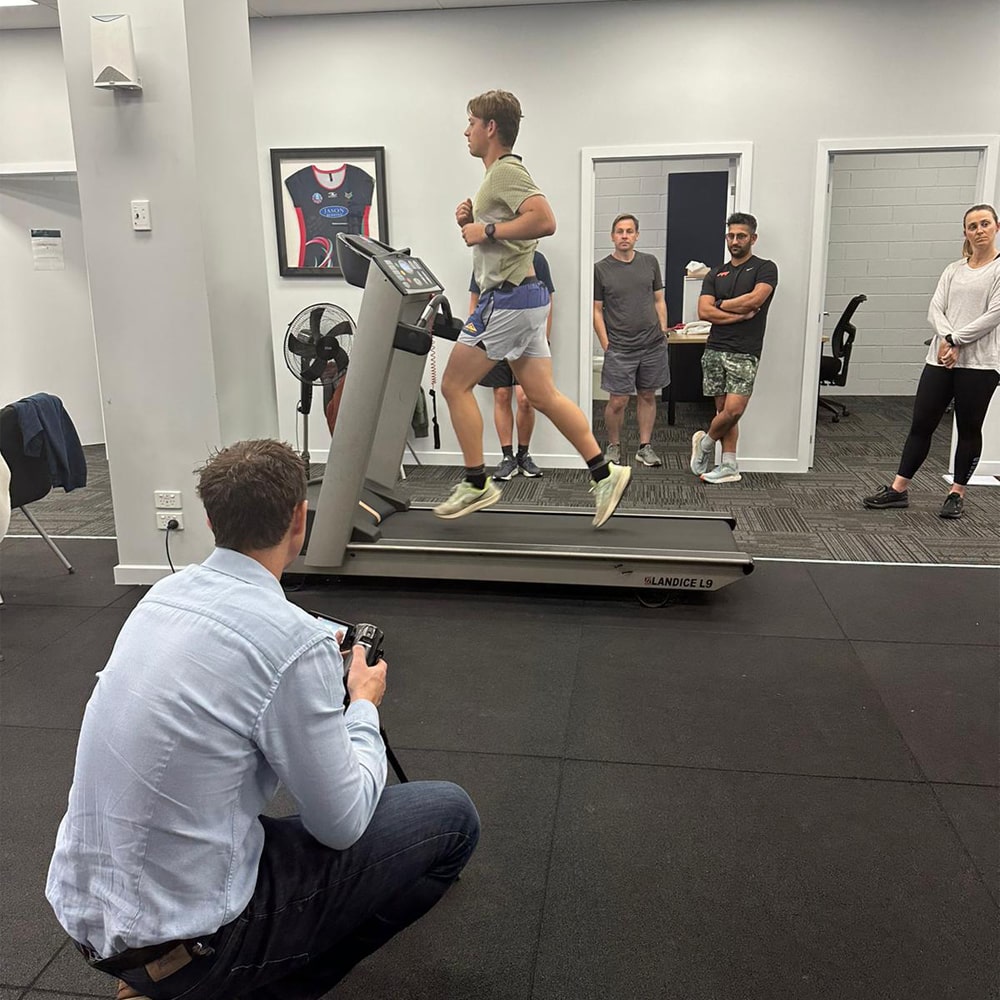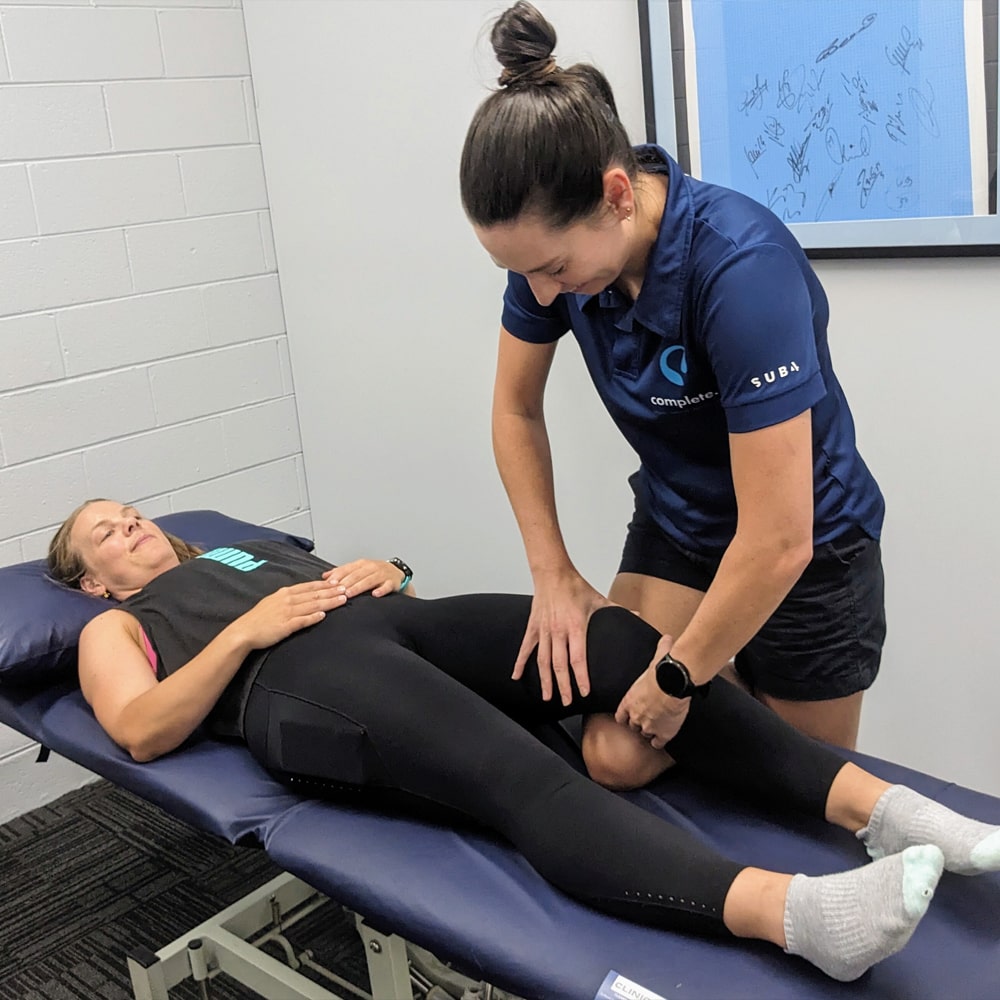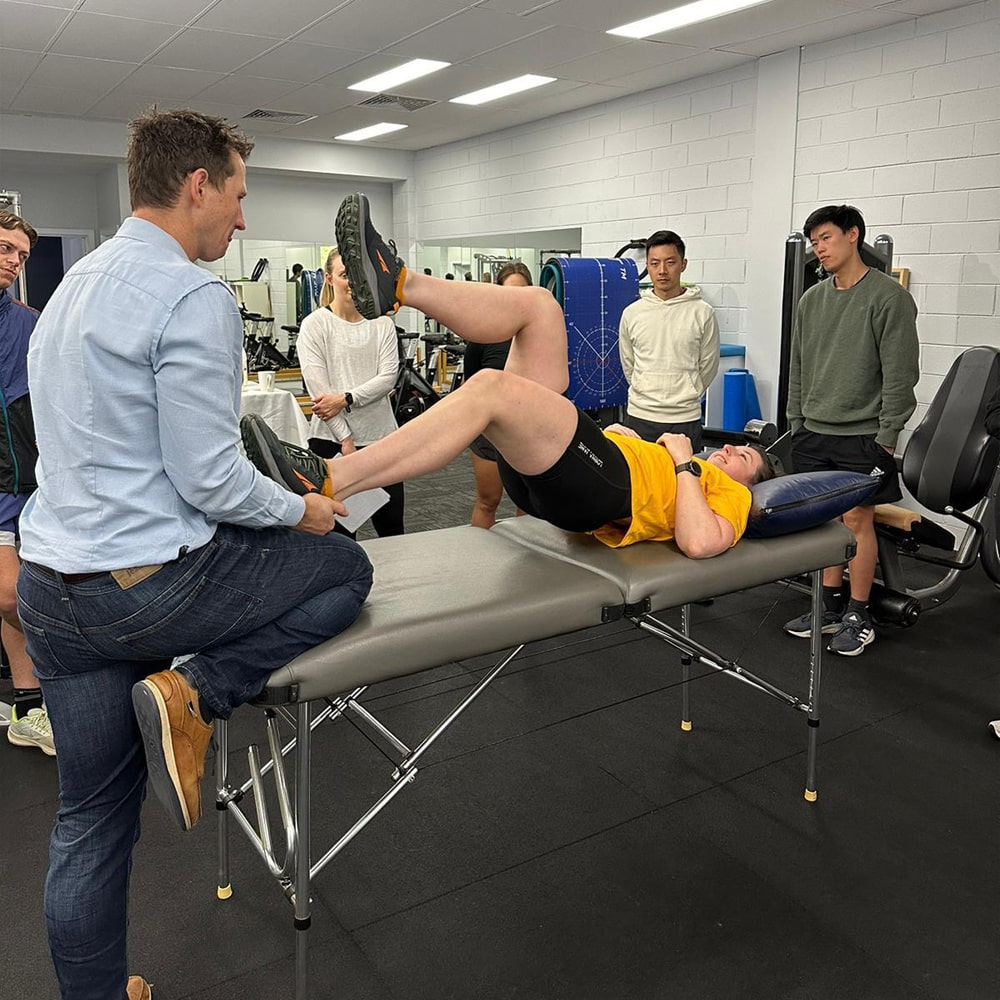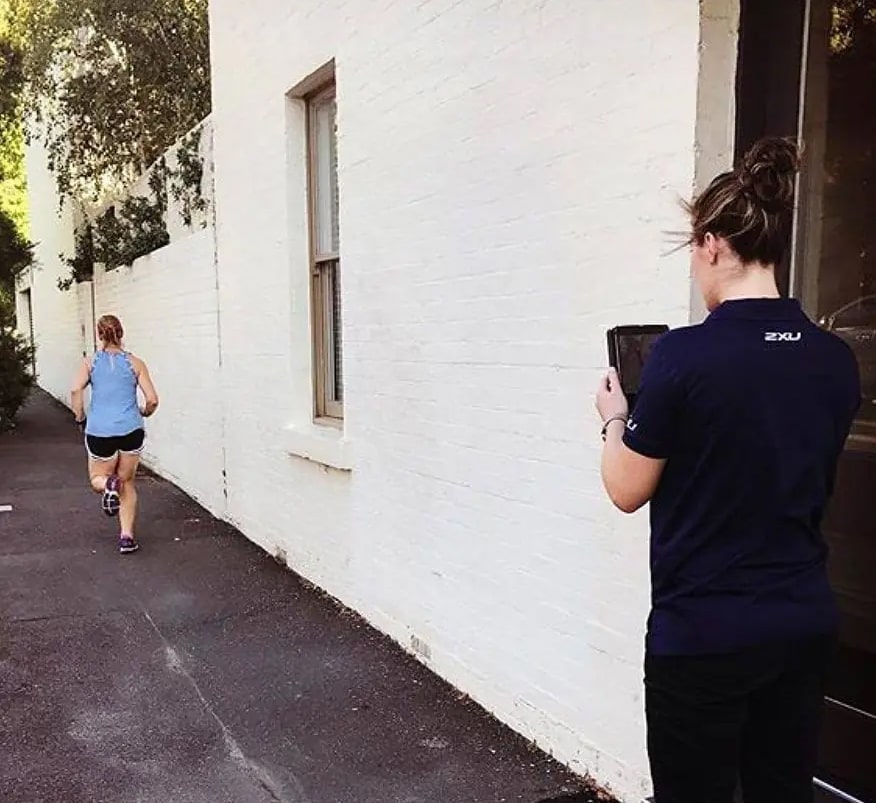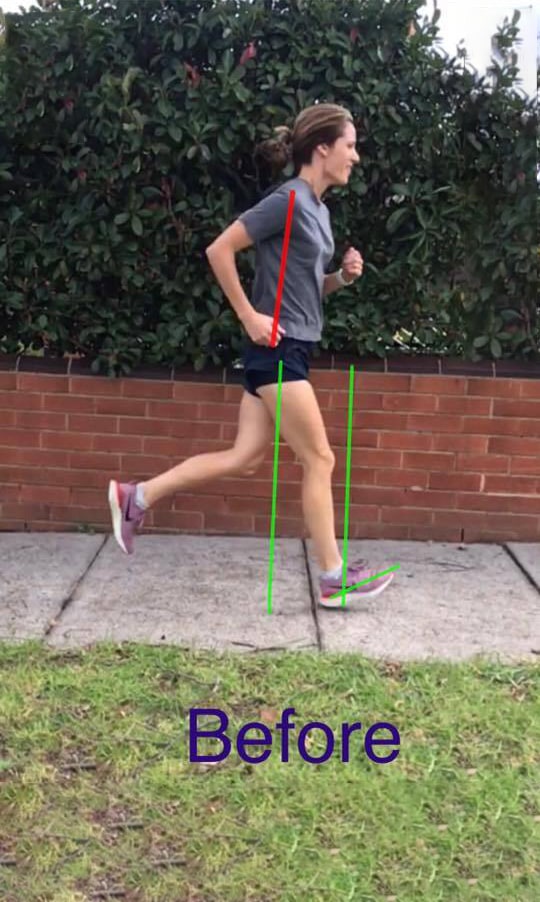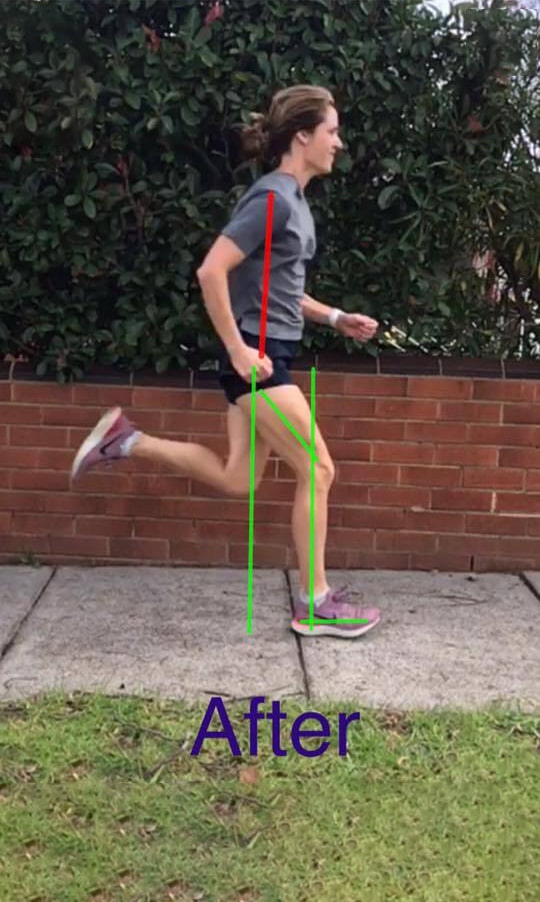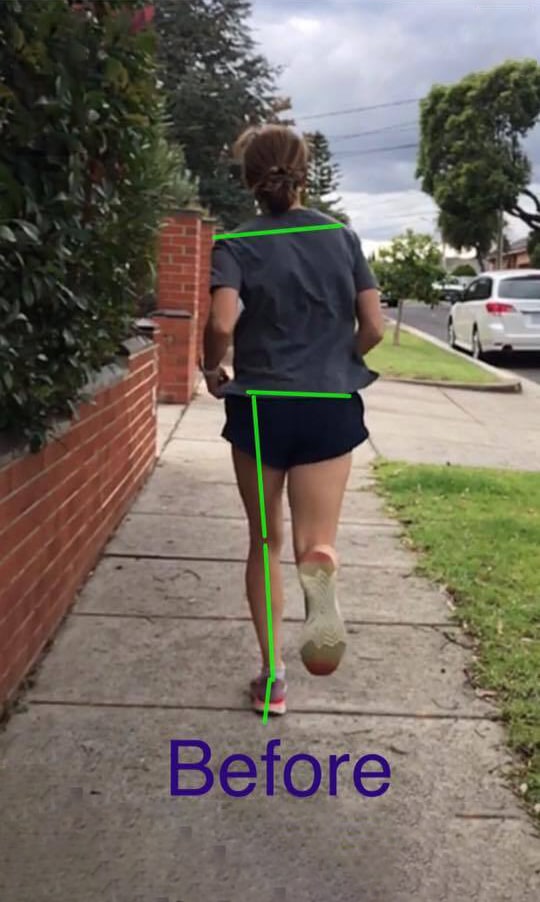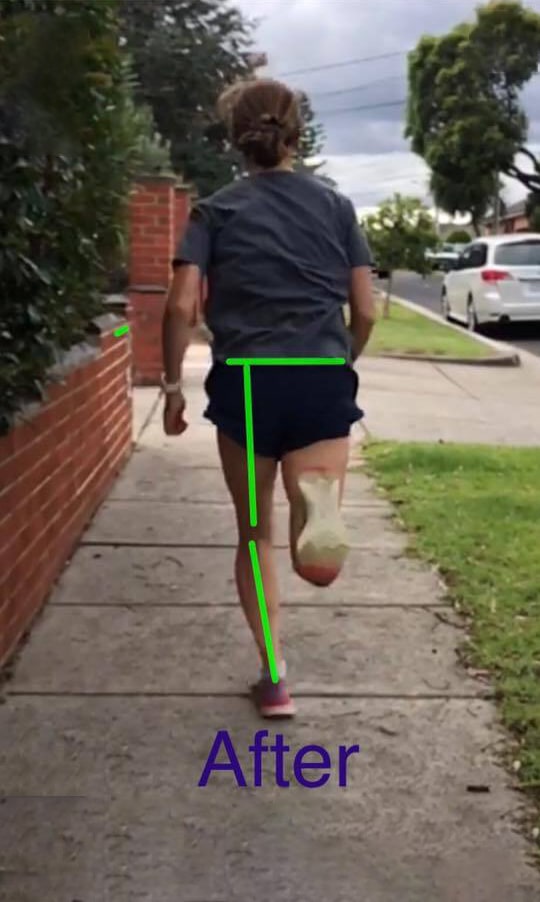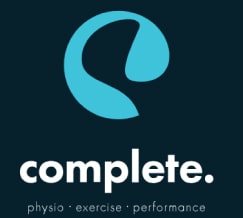Our approach to running injuries
Our team of physiotherapists and health professionals at Complete are world experts in the management of running injuries. Knowing the effect injury has on a runners musculoskeletal and mental health, we are passionate about preventing them in the first place. We will diagnose your injury and help you to understand the key factors you need to address, which may include training loads, muscle strength and capacity, and running technique.

